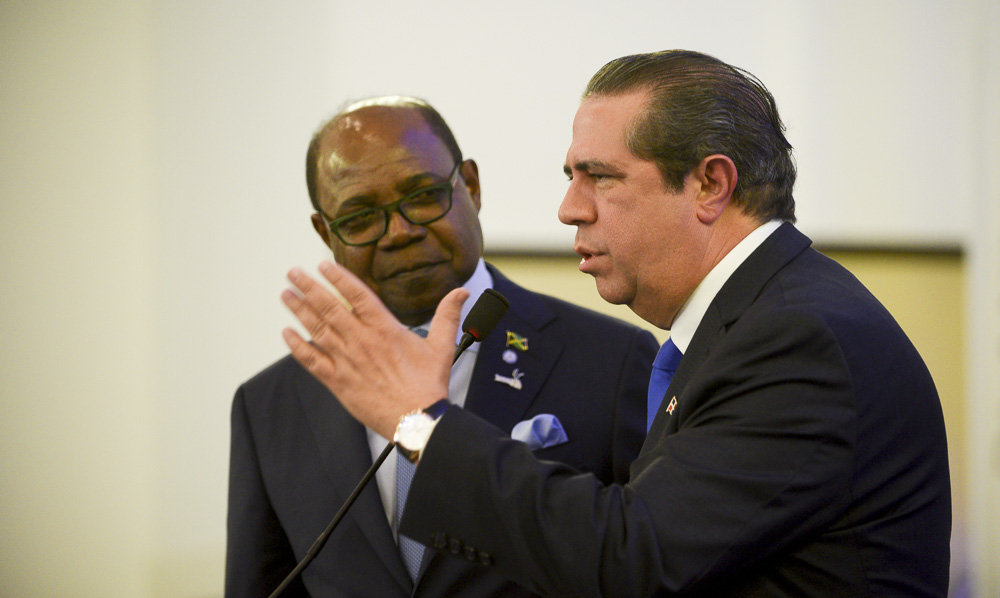
For a very long time, Australia has had the minerals sector, more so the export of iron ore, as the top source of revenue. However, if the current inbound travel trends are anything to go by, then tourism will soon be the number one source of revenue for the nation.
The export of service in Australia has grown over the past few years. The sub-sector that has tremendously grown is the tourism industry. In the recent past, there has been a booming influx of Chinese travelers into Australia.
According to Australian records, there were 8 million visitors coming to the country in the 2014-2015 period. This is the highest number of visitors Australia has ever recorded. Out of this figure, there was a tremendous rise in the number of Chinese travelers.
The middle class in China has expanded. For this reason, Australia is aiming at capturing the growing market. This plan could eventually make inbound tourism the most vibrant and rewarding source.
According to Phil Ruthven, a top business analyst at IBSWorld, the shrinking of the construction and mining sectors could render the growing tourism sector the most important. She added that the shrinking of the manufacturing sector was mainly due to it heading offshore.
Speaking at the Economic and Social Outlook Conference in Melbourne, Ruthven conservatively foretold that by 2030, the number of inbound tourists visiting Australia will hit 20 million every year.
Out of this number, he added that Chinese travelers will be the main drive. Currently, approximately 900,000 Chinese tourists that visit Australia are less than 1% of the total number of them.
In 2014 for instance, a total of 120 million Chinese travelers headed overseas. Ruthven mentioned that if Australia gets to capture at least 25% of them (about 40 million), then tourism will earn the nation the biggest revenue.
Supporting the statements, Professor Christine Wong, a University of Melbourne Professor of Chinese Studies said that even 10% of the Chinese tourists could mean substantial growth. Wong added that it might be possible owing to the Free-Trade Agreement between China and Australia.










